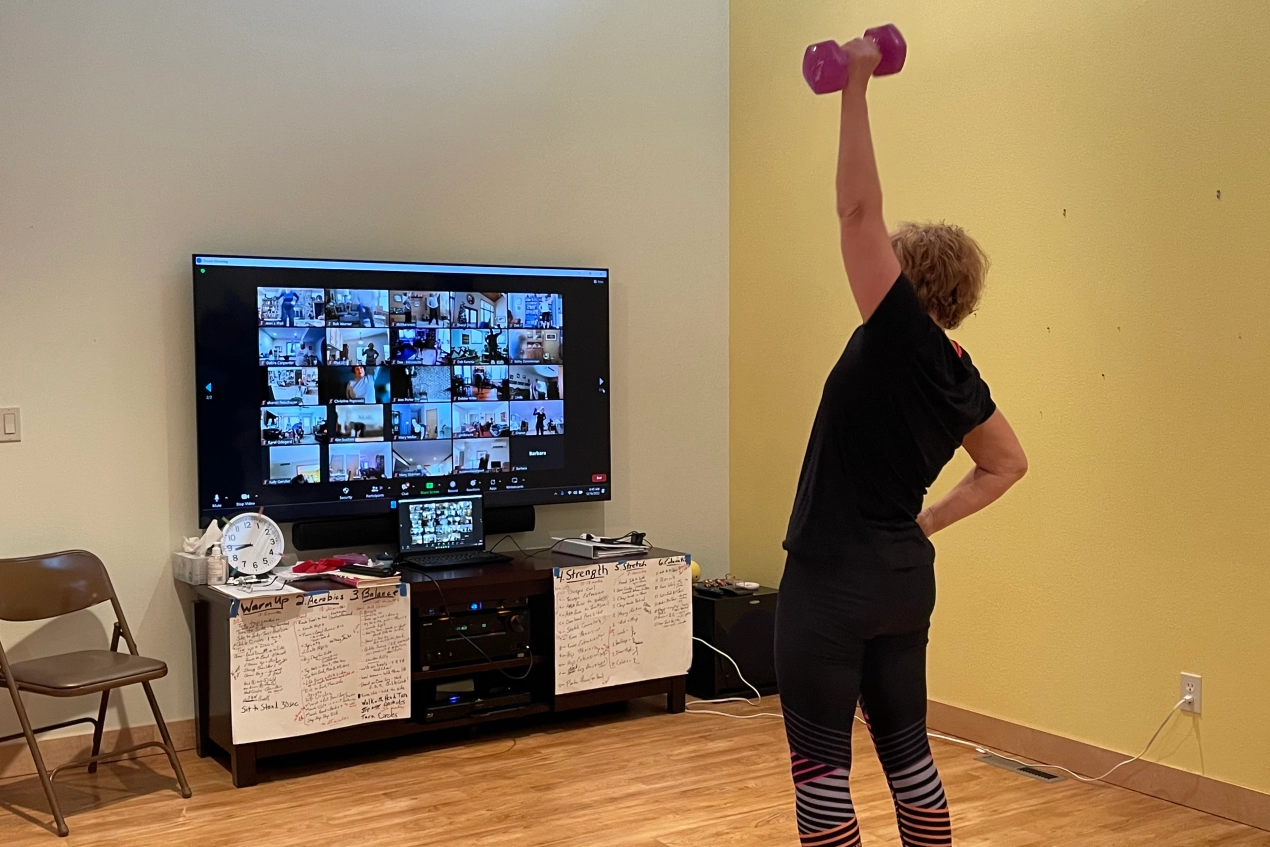|
|
Democrats Debate Whether President Biden Should Negotiate with Speaker McCarthy on Debt Limit |
|
House lawmakers and the White House continued to spar this week over whether to include Social Security and Medicare in negotiations over raising the debt limit. President Biden has steadfastly pledged not to cut the programs, insisting that the debt ceiling should be addressed “without conditions.”
Most Democrats are dead set against negotiating as President Biden signals he is prepared to meet with Speaker McCarthy (CA), arguing any talks will just be “gobbled up” by Republicans who will then ask for more.
Senate Majority Leader Charles Schumer (NY), for example, doesn’t want Democrats to negotiate with House Republicans until the House GOP shows it can actually pass legislation to raise the debt ceiling.
The debate comes as a bipartisan group of U.S. lawmakers is preparing a plan to make a deal to change the debt ceiling from a fixed dollar amount to a percentage of national economic output, the Problem Solvers Caucus’s top Republican, Rep. Brian Fitzpatrick (PA), said on Sunday. Many seniors’ advocates see the deal as an opening to cut Social Security and Medicare and are therefore sharply against it.
“Seniors have lived up to their commitment by paying into Social Security and Medicare during their lifetime,” said Robert Roach, Jr., President of the Alliance. “We expect the government to live up to its commitment to protect and enhance these programs for the American people.
“We must not allow those promises to be broken, and seniors to be held hostage by strong-arm, GOP debt ceiling tactics or back door approaches that lead to a similar outcome.” |
|
Drug Corporations Plan Price Increases on Life-Saving Medications Despite Billions in Increased Profits
|
|
Major pharmaceutical corporations are set to increase prices on over 350 unique medications this month, continuing a trend of drug industry profiteering, according to Accountable.US and Reuters. A previous Accountable.US report showed that many of these companies and the trade group PhRMA have spent over $205 million in recent years fighting efforts to rein in the cost of prescription drugs.
Pharmaceutical giants Pfizer, Bristol Myers Squibb, AstraZeneca, and Sanofi reported billions in increased 2022 earnings, stock buybacks, and dividends before announcing price hikes in January on essential medications, including expensive cancer treatments.
“The Inflation Reduction Act has begun to lower drug prices, and that has already made pharmaceutical executives look for ways to keep making outrageous profits on the backs of our sickest citizens,” said Richard Fiesta, Executive Director of the Alliance. “We must continue to address this exploitation of seniors, and all consumers, by building on the strides we have made with the Inflation Reduction Act.” |
|
Pandemic Food Benefit is Set to End, and Seniors Risk Additional Food Insecurity |
|
Next month, a pandemic-related benefit increase for participants in the Supplemental Nutrition Assistance Program (SNAP) program, often referred to as food stamps, is scheduled to expire. The change could come despite advocates warning it will put many seniors at a higher risk for food insecurity at a time of increased prices. |
|
|
Carmela Bolding, left, helps Kimberly Bungard sign up for the monthly groceries offered by the Capital Area Food Bank in Washington. (photo: Marvin Joseph/The Washington Post) |
|
Three years ago, when the covid pandemic hit and the country shut down, the federal government responded with programs that helped with expenses such as food and housing. Among them was a temporary boost to SNAP benefits, known as emergency allotments, that increased monthly funds for a single-person household from a |
|
minimum of $16 a month to the maximum, now $281 a month, across the board. In March, following the passage of a government spending bill recently by Congress, that boost will end.
Seniors are often more vulnerable to food insecurity because many lack transportation, remain reluctant to gather at food distribution centers due to Covid-19 fears, and have fewer options for adding to their incomes.
“After taking on hunger that affects seniors and Americans of every age during the pandemic, we cannot go backwards,” said Joseph Peters, Jr., Secretary-Treasurer of the Alliance. “SNAP benefits must not be cut, or we will never be able to address food insecurity in our country.” |
|
Kaiser Health News: Rural Seniors Benefit From Pandemic-Driven Remote Fitness Boom By Christina Saint Louis |
|
Eight women, all 73 or older, paced the fellowship hall at Malmo Evangelical Free Church to a rendition of Daniel O’Donnell’s “Rivers of Babylon” as they warmed up for an hourlong fitness class. |
|
|
From her home near Fergus Falls, Minnesota, retired dentist Dr. Yvonne Hanley teaches a virtual fitness class for older adults that meets three times a week. (photo: Patrick Hanley) |
|
The women, who live near or on the eastern shore of Mille Lacs Lake (Minnesota), had a variety of reasons for showing up despite fresh snow and slippery roads. One came to reduce the effects of osteoporosis; another, to maintain mobility after a stroke. |
|
Most brought hand and ankle weights, which they would use in a later portion of the program focused on preventing falls, known as Stay Active and Independent for Life, or SAIL. The class meets twice a week in Malmo, a township of about 300 residents. It is run by Juniper, a statewide network of providers of health promotion classes.
A few years ago, older adults who were interested in taking an evidence-based class like SAIL — meaning a class proved by research to promote health — had only one option: attend in person, if one was offered nearby.
Read more here. |
|
Alliance Reacts to Mass Shootings in California |
|
President Roach expressed his condolences to the victims and families of three tragic mass shootings in California during the last week.
In the first instance, a violent attack in Monterey Park, California – a majority Asian American city east of Los Angeles – left 11 people dead and nine others injured on the eve of the Lunar New Year last Saturday night.
Just two days later on Monday, an agricultural worker killed seven people in back-to-back shootings at two mushroom farms that employed him in Northern California. That massacre is believed to be a “workplace violence incident.”
“The members of the Alliance join with all Americans who were hurt by the terrible carnage this week in California in calling for an end to the bloodshed. Our thoughts are with the deceased, the injured and all of their loved ones.
“That the first shooting took place at an event that was supposed to be a celebration makes this even more horrific. We must pass sensible legislation that protects our citizens from these constant, violent attacks at our workplace, at our community events, and in our schools.” |
|
Thanks for reading. Every day, we're fighting to lower prescription drug prices and protect retirees' earned benefits and health care. But we can't do it without your help. Please support our work by donating below. |
|
|
|
|
Alliance for Retired Americans | 815 16th Street, NW | Washington, DC 20006 | www.retiredamericans.org



